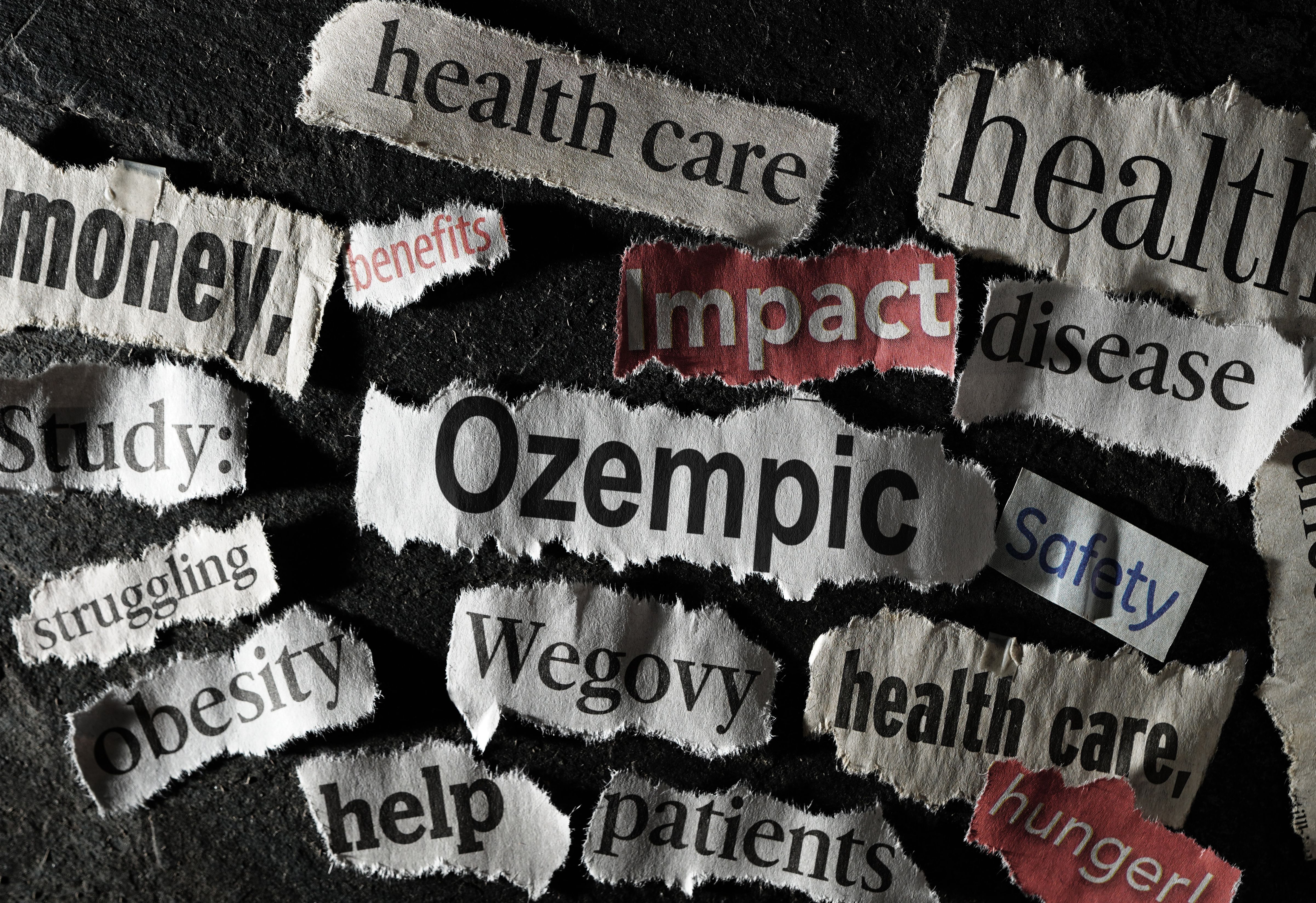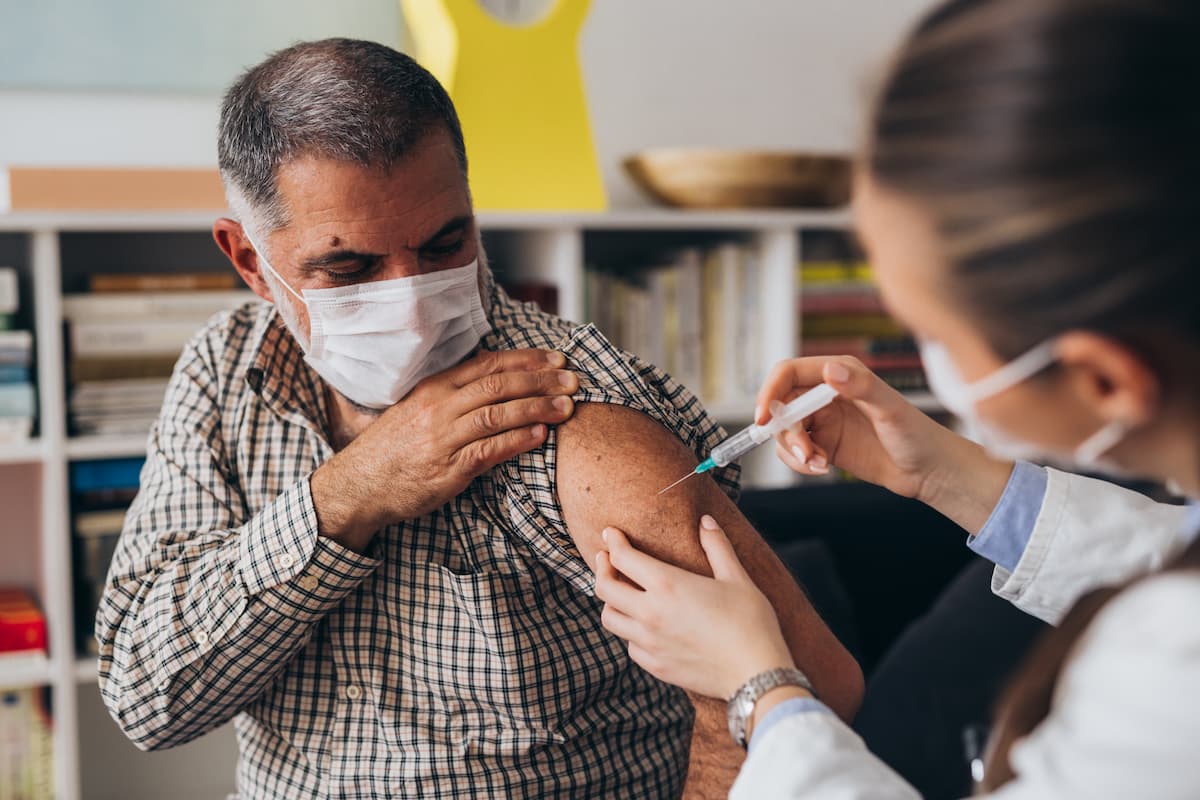
Opinion
Article
Obesity Messaging, GLP-1 Agonists, and the Pharmacist’s Ethical Imperative: Navigating a Shifting Landscape
Author(s):
Key Takeaways
- Novo Nordisk's campaign aimed to destigmatize obesity but faced criticism for fear-based messaging, potentially reinforcing stigma and deterring care-seeking.
- GLP-1 receptor agonists have transformed obesity pharmacotherapy, creating supply challenges and necessitating careful patient counseling on realistic expectations and safety.
- Fear-based public health messaging can conflict with pharmacists' roles in building trust and empowering patients through empathy and evidence-based care.
- Cultural sensitivity and person-first language are essential in addressing obesity, particularly in marginalized communities, to avoid deepening existing divides.
The Intersection of Messaging, Medication, and Mistrust
Recent backlash surrounding Novo Nordisk’s controversial “Obesity Without Filters” campaign in Spain has reignited global debate around how we communicate about obesity, its risks, and its management. For pharmacists in the United States—many of whom increasingly serve on the frontlines of obesity care—these debates are not theoretical. They highlight urgent questions about ethics, patient trust, and the evolving role of pharmacy practice.
At the same time, the meteoric rise of glucagon-like peptide-1 (GLP-1) receptor agonists, such as semaglutide (Ozempic, Wegovy; Novo Nordisk), has reshaped patient expectations, strained supply chains, and introduced new complexities in patient counseling. Together, these factors are changing the way pharmacists approach chronic disease management, patient communication, and even professional identity.
The Ethics (and Risks) of Fear-Based Campaigns
Image credit: zimmytws | stock.adobe.com

Novo Nordisk’s campaign aimed to destigmatize obesity by framing it as a serious, life-threatening disease on par with cancer or cardiovascular conditions. The intent, according to company statements, was to elevate obesity in public consciousness and encourage individuals to seek care.1
However, critics were quick to note that this stark messaging felt more like fearmongering than education. Many perceived it as a veiled promotional effort tied to the company’s flagship GLP-1 products. Although the ads did not explicitly mention Ozempic or Wegovy, the timing and sponsorship left little room for doubt.
Public health campaigns have long used fear to drive behavior change—think anti-smoking efforts or drunk driving public service announcements. But obesity is not solely a behavioral issue; it is deeply intertwined with genetics, environment, and complex socioeconomic factors.2 Fear-based messages can inadvertently reinforce stigma, shame, and avoidance.3 Indeed, a 2023 study published in the Journal of Obesity & Weight Management found that patients exposed to weight-stigmatizing messaging were less likely to seek care and reported poorer mental health outcomes.4
For pharmacists, whose care models rely on trust, rapport, and motivational interviewing, these are not abstract concerns. They directly conflict with our mission to empower patients through empathy, evidence, and collaboration. Our reputation as a trusted health care profession calls for our continued pursuit of such every day.
GLP-1 Agonists: A Pharmacotherapy Revolution with Real-World Fallout
Even without high-profile advertising campaigns in the US, GLP-1 agonists have captured the public imagination—driven by media stories, celebrity endorsements, and viral social media posts. What began as therapies primarily for type 2 diabetes have rapidly become staples in obesity pharmacotherapy.
The demand has not been without consequences. In 2023, the FDA reported ongoing shortages of both Ozempic and Wegovy.5 Pharmacists have found themselves managing not just clinical care but also supply allocation, substitution counseling, and the frustrations of patients unable to access these highly publicized treatments.
These challenges extend beyond logistics. GLP-1 agonists are not benign. They require careful titration, monitoring for gastrointestinal adverse effects, and long-term adherence strategies. Pharmacists must also counsel patients on realistic expectations. These medications can support weight loss but are not standalone solutions. Lifestyle interventions remain foundational.
Additionally, pharmacists frequently navigate questions shaped by TikTok snippets or incomplete headlines. Clarifying indications, differentiating cardiometabolic benefits from purely cosmetic use, and discussing long-term safety profiles have all become critical parts of patient education. Moreover, the potential link between bone disorders and GLP-1 agonist use warrants attention.6
Lessons from Abroad: Messaging, Bias, and Cultural Sensitivity
The controversy in Spain underscores an important truth: even well-intentioned campaigns can misfire when they fail to account for cultural perceptions and the patient experience. In the United States, where obesity disproportionately affects Black, Hispanic, and low-income communities, similar blunt messaging risks deepening existing divides.
A 2022 CDC report revealed that 1 in 3 patients with obesity delays seeking medical care due to previous experiences of judgment or dismissal. For pharmacists—by far the most accessible health care professional—this presents both a challenge and an opportunity.
Language matters. Using person-first phrasing, such as “patients with obesity” instead of “obese patients,” is a small but powerful way to reduce shame. So too is integrating screening for comorbidities like sleep apnea, diabetes, and dyslipidemia into routine pharmacy practice, and advocating for insurance coverage of comprehensive obesity care.
The Bottom Line: Pharmacists at the Crossroads
As the landscape of obesity management evolves—shaped by novel pharmacotherapies, global advertising campaigns, and shifting public attitudes—pharmacists must navigate it with a blend of clinical expertise, ethical clarity, and cultural humility.
Our role is not simply to dispense medications or recite guidelines. It is to listen deeply, educate responsibly, and stand as advocates for patient dignity. Fear-based messages may momentarily capture attention, but lasting health improvements stem from trust, empathy, and evidence. In the end, that is the true frontier of obesity care—and it is where pharmacists make the most profound difference.
REFERENCES
Taylor NP. Novo Nordisk questioned over controversial Spanish obesity awareness campaign. FiercePharma. June 25, 2025. Accessed July 17, 2025. https://www.fiercepharma.com/marketing/novo-nordisk-questioned-over-controversial-spanish-obesity-awareness-campaign
Adult Obesity Facts. CDC. Updated May 14, 2024. Accessed July 17, 2025. https://www.cdc.gov/obesity/adult-obesity-facts/index.html
The impact of weight bias globally: how to shift the stigma. World Obesity Federation. October 17, 2023. Accessed July 17, 2025. https://www.worldobesity.org/news/the-impact-of-weight-bias-globally-how-to-shift-the-stigma
Journal of Obesity & Weight Management. 2023; 17(3):89-96.
Declaratory Order: Resolution of Shortages of Semaglutide Injection Products (Ozempic and Wegovy). Email from FDA to Robert Fischer. February 21, 2025. Accessed July 17, 2025. https://www.fda.gov/media/185526/download
Zhao C, Liang J, Yang Y, Yu M, Qu X. The impact of glucagon-like peptide-1 on bone metabolism and its possible mechanisms. Front Endocrinol (Lausanne). 2017;8:98. doi:10.3389/fendo.2017.00098
Newsletter
Stay informed on drug updates, treatment guidelines, and pharmacy practice trends—subscribe to Pharmacy Times for weekly clinical insights.
2 Commerce Drive
Cranbury, NJ 08512
All rights reserved.




